Sebastian Kochman
Towards Data-Driven Offline Simulations for Online Reinforcement Learning
Nov 14, 2022



Abstract:Modern decision-making systems, from robots to web recommendation engines, are expected to adapt: to user preferences, changing circumstances or even new tasks. Yet, it is still uncommon to deploy a dynamically learning agent (rather than a fixed policy) to a production system, as it's perceived as unsafe. Using historical data to reason about learning algorithms, similar to offline policy evaluation (OPE) applied to fixed policies, could help practitioners evaluate and ultimately deploy such adaptive agents to production. In this work, we formalize offline learner simulation (OLS) for reinforcement learning (RL) and propose a novel evaluation protocol that measures both fidelity and efficiency of the simulation. For environments with complex high-dimensional observations, we propose a semi-parametric approach that leverages recent advances in latent state discovery in order to achieve accurate and efficient offline simulations. In preliminary experiments, we show the advantage of our approach compared to fully non-parametric baselines. The code to reproduce these experiments will be made available at https://github.com/microsoft/rl-offline-simulation.
Contextual Bandit Applications in Customer Support Bot
Dec 06, 2021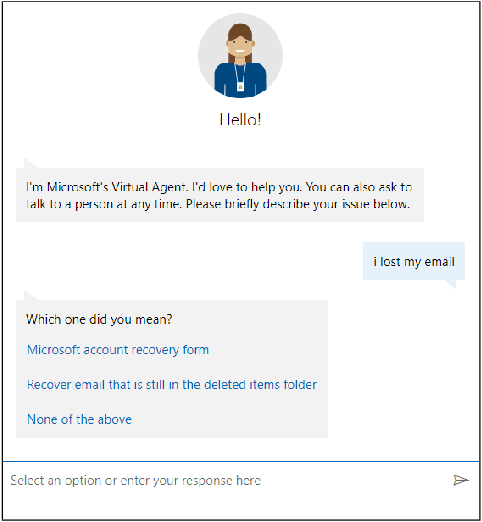
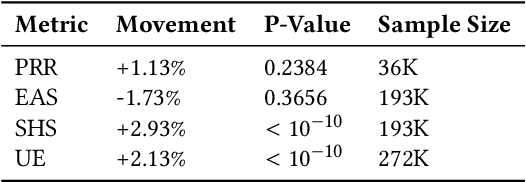
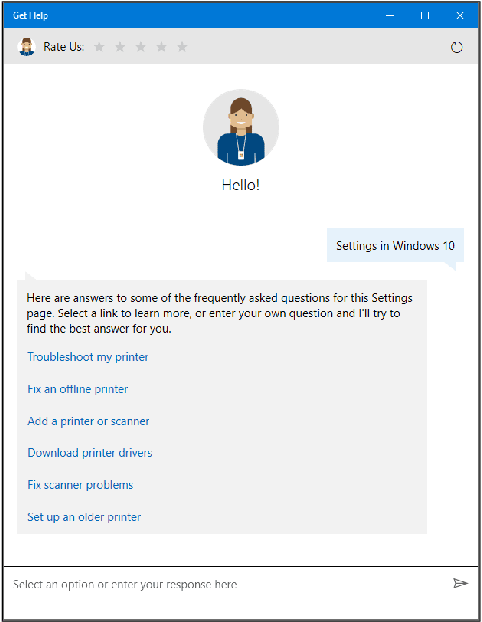
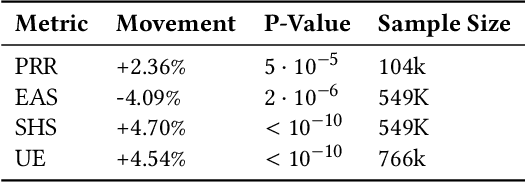
Abstract:Virtual support agents have grown in popularity as a way for businesses to provide better and more accessible customer service. Some challenges in this domain include ambiguous user queries as well as changing support topics and user behavior (non-stationarity). We do, however, have access to partial feedback provided by the user (clicks, surveys, and other events) which can be leveraged to improve the user experience. Adaptable learning techniques, like contextual bandits, are a natural fit for this problem setting. In this paper, we discuss real-world implementations of contextual bandits (CB) for the Microsoft virtual agent. It includes intent disambiguation based on neural-linear bandits (NLB) and contextual recommendations based on a collection of multi-armed bandits (MAB). Our solutions have been deployed to production and have improved key business metrics of the Microsoft virtual agent, as confirmed by A/B experiments. Results include a relative increase of over 12% in problem resolution rate and relative decrease of over 4% in escalations to a human operator. While our current use cases focus on intent disambiguation and contextual recommendation for support bots, we believe our methods can be extended to other domains.
* in KDD 2021
Lessons from Real-World Reinforcement Learning in a Customer Support Bot
May 06, 2019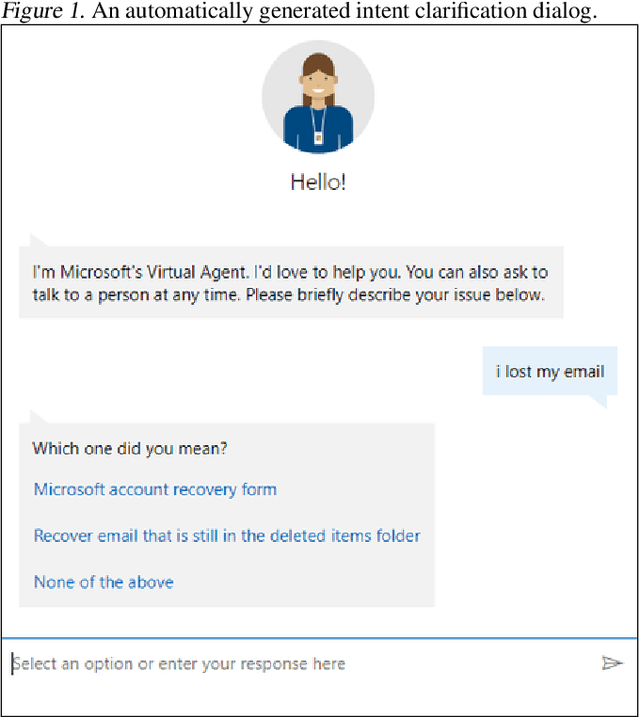
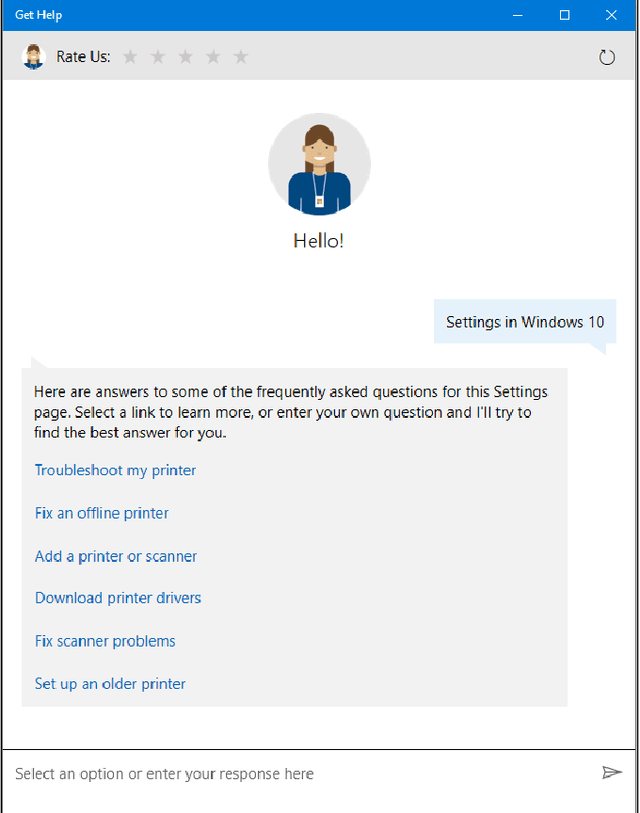
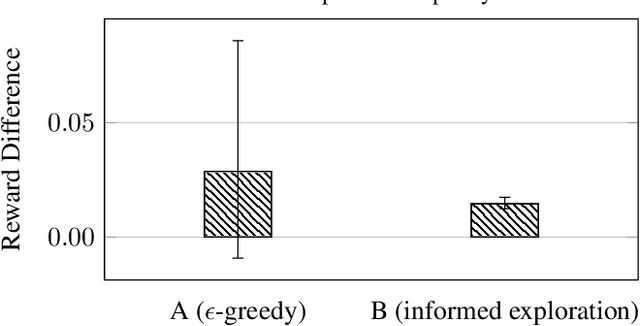
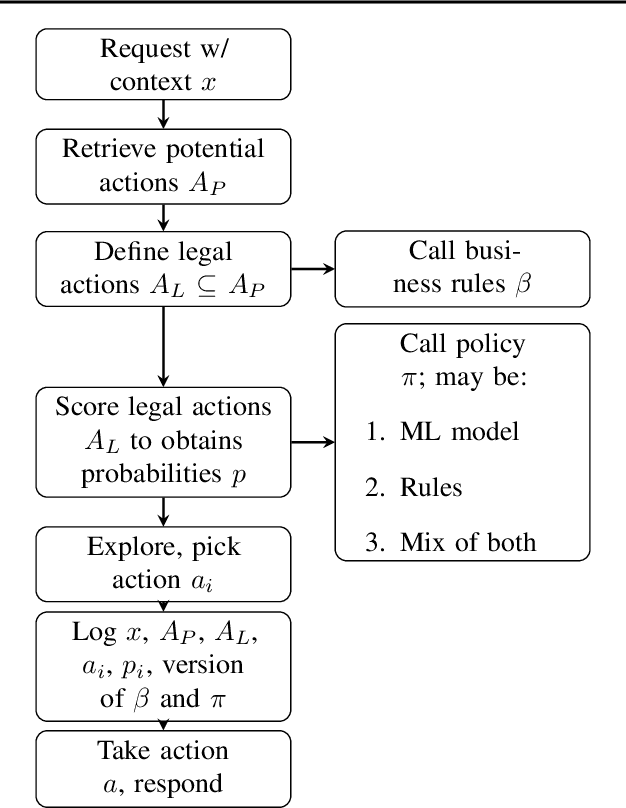
Abstract:In this work, we describe practical lessons we have learned from successfully using reinforcement learning (RL) to improve key business metrics of the Microsoft Virtual Agent for customer support. While our current RL use cases focus on components that rely on techniques from natural language processing, ranking, and recommendation systems, we believe many of our findings are generally applicable. Through this article, we highlight certain issues that RL practitioners may encounter in similar types of applications as well as offer practical solutions to these challenges.
 Add to Chrome
Add to Chrome Add to Firefox
Add to Firefox Add to Edge
Add to Edge